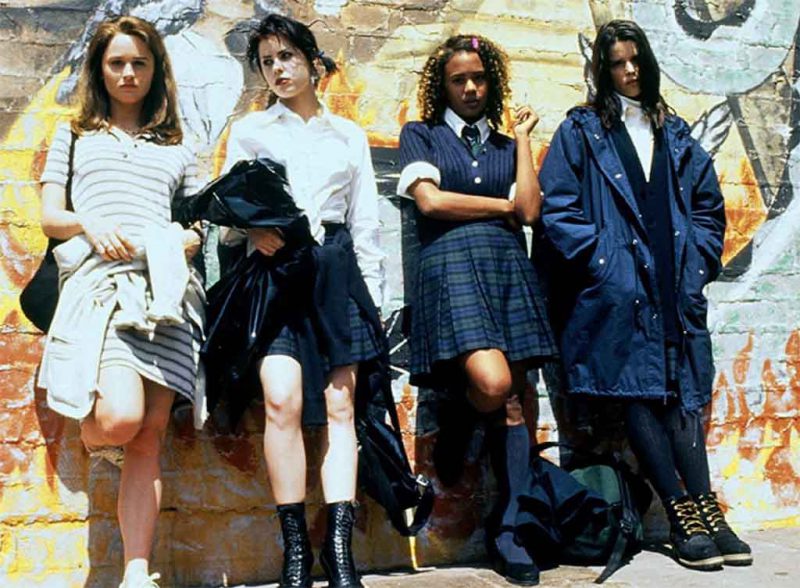Where the 14A Steers Us Wrong
For just a few moments, place yourself in a Raymond Chandler novel. You find yourself in noir Los Angeles where pornography is seen as undesirable, so it is hidden in stores that dispense paper-wrapped books of “photography” and frequently change location.
In a normal society, people run these stores out of town, or at least to seedy neighborhoods. They do not want the contagion of licentious behavior around them, so they complain to the landlord and shun anyone who goes into the store. In worst case scenarios, they riot or vandalize the store.
This places the burden of good behavior on the people involved. They realize that they are unwanted and face an uphill battle, so they move on. Generally, they find themselves driven to places where such behavior is tolerated, and segregate themselves from society as a result.
Once you get laws into the picture however, people can no longer go to the offending store and burn it down. They must complain to the police, laws must be passed, and court cases must drag on. Eventually it becomes easier to simply tolerate the rot and shun those who participate.
After the 14A, it becomes doubly complicated. The people shopping at that store have the right to equal protection, so since they are people, whatever they want will eventually become legal. That is before you consider that they might be from a protected group, which means it is “racist” to persecute them.
Any laws against this sort of thing get struck down over time. There is a little legal loophole, “regulation,” where localities can specify that these businesses cannot be in certain areas or near schools, but they can never be fully excluded.
The seedy store of the Raymond Chandler novel becomes a big commercial superstore, accepted by all and tolerated. Even more, it becomes an important employer. Soon the people running the shop are rich and people want to work for them.
We see time and again that the more government is involved, the more it stops culture from working. Culture does not want decay; this impedes its goal of thriving and refining itself. Without laws, the citizens can act to remove blight from among them.
With laws, you no longer can act in a clear and decisive manner, simply because now you have started defining what is bad and given the bad guys rules to hide behind. They can start selling sculptures and claim to be a museum, or rent the books as literary works, or some other evasion.
By the time you get to a civil rights law like the 14A, any hope of making change is gone because these laws defend the individual against culture and those who know more than they do. At that point, any decay is sure to be an equal citizen, demand its rights, and take over as it seduces more people.
In the West, we crushed ourselves by getting rid of the kings and replacing them with managerial government in the name of equality. The more government does, the less culture can do those things, and in the Darwinian degeneration of traits, it soon forgets how to do them.
It takes atavistic humans to think their way through the many levels of justification, rationalization, and individualistic demands for validation and to see instead the plain truth: you do not want this store near you. It must be removed.
Our governments actively work against us because in the name of doing good, we gave them license to take over the functions of culture and neuter them. Now we can have pornography stores on every block in the name of freedom, but never the freedom to be far enough from one to forget the name of decay.
Tags: 14A, big-government, decay, pornography, regulations










